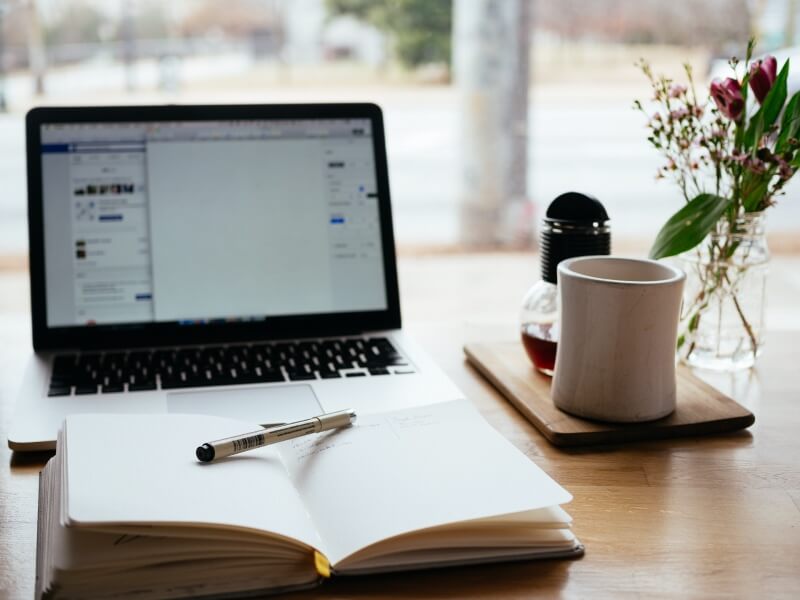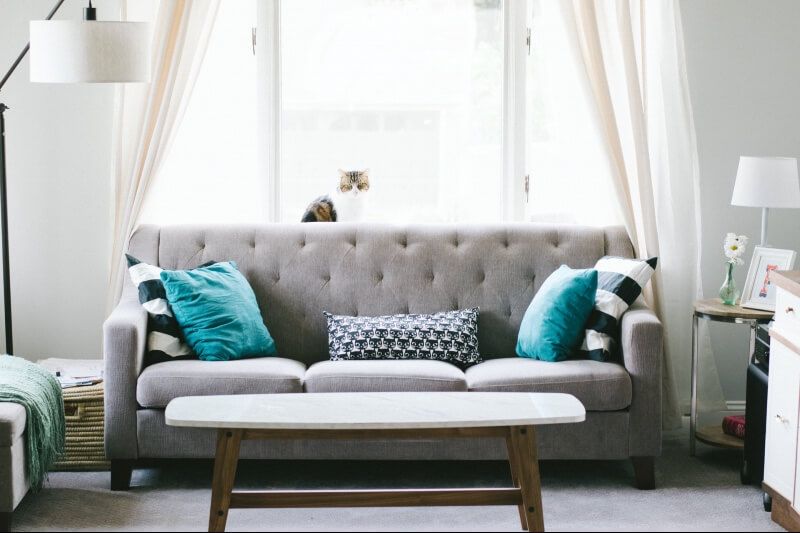Should I rent or buy a home?

Opinion around whether those on the move should rent or buy remains as divided as ever. Factors both economic and social have resulted in an increase in the number of people choosing to rent. However, this hasn’t stopped many people wanting to own their own home.
Here at Wayhome, we're taking a look at the things you may want to consider when deciding whether to rent or buy.
The potential benefits of renting
1) Flexibility
When it comes to not being tied down, renting may provide renting provides an amount of flexibility. You’re not tied into a mortgage and when your tenancy is up, you can give one months notice, and you’re free to move anywhere at any time.
The rise of freelance work and zero hour contracts has resulted in a demand for living arrangements that don't require the putting down of roots. If you need to move at short notice in order to follow job opportunities, renting is an attractive option requiring little financial or personal commitment. However, it’s important to remember that if you’re on a zero-hour contract, letting agencies will typically require six months worth of rental payments upfront, or require you to have a guarantor.
In addition to this, renting can widen your horizons when choosing a place to live. Buying a property in the nicest part of town might not be financially viable. However, you might be able to afford the rent. Sometimes it really does come down to location, location, location, with many choosing to rent in a nicer area as opposed to buying in a less desirable one.
2) Maintenance and tenant protection
When you rent, the maintenance of your home is largely the responsibility of your landlord. Of course, tenants are obligated to keep the property in good condition, including avoiding damage to property and keeping it clean. Your landlord, however, is responsible for the maintenance of the larger items in your home as per your inventory. The Homes Act 2018 has cemented the principle that all rental properties must be well maintained and 'fit for human habitation', which is especially comforting when the problem is likely to be an expensive one. For example; replacing the central heating doesn’t come cheap.
Property law is in a constant state of flux. Much to the delight of renters across the UK, recent changes are clearly aimed at the protection of the rights of tenants.
The implementation of the Tenant Fee Ban means that landlords and agents are no longer able to charge administration fees and changes to the s.21 eviction process are providing a higher level of stability. Then there's tenancy deposit schemes, which aim to ensure an objective and transparent process when it comes to whether a deposit is returned or not.
The downsides of renting
1) Instability
With the flexibility of renting, also comes instability. Ultimately, the property you live in is owned by someone else—your landlord. They can choose to sell the property and give as little as two months notice if you’re no longer on a fixed contract. If that happens, you’ll need to find somewhere else to live.
This can be extremely unsettling. Particularly if you want to put down roots but simply can't afford to buy your own home.
If you’re on a fixed contract, you can’t be forced to leave the property whilst this is in place. However, your landlord is still able to sell with you in situ and you may find yourself dealing with a new landlord. This can be unsettling in itself which can in itself be unsettling.
2) Cost
Many renters are becoming disillusioned with increasing rent levels, which in some cases are higher than mortgage payments. And this isn't the only cost consideration. If you choose to rent, you'll be required to pay an upfront deposit. This is to insure against any damage to the property to property or missed rental payments that occur during the tenancy.
Whilst renting certainly has its upsides, there’s no getting away from the fact that renting doesn't result in homeownership for a tenant.

The upsides of buying
1) The property will be yours—the equity too
Throughout the 1980’s, there was a Government commitment to making Britain a country of homeowners. It's a continuing theme, with incentives such as the Help to Buy or Part Rent, Part Buy scheme proving very popular. Owning your own home can feel like a big achievement. Once your mortgage is paid off, or you’ve staircased your way to 100% ownership, the property will be yours to do with as you wish. Your home, your rules.
There's also the fact that you can design your home interior to suit you. You can decorate or carry out home improvements without having to ask a landlord.For many, being able to put your own stamp on your home is a big deal.
Possibly the biggest pull when deciding whether to rent or buy is the issue of equity. Once you own your home outright, or had a capital repayment mortgage for a number of years, you may have a significant amount of equity in your property. You may be able to use this equity to consider options for upsizing, downsizing, or simply plan for your retirement.
2) It can be cost-effective
In a world of increasing rents,it may be the case that monthly mortgage payments are lower on a like-for-like property.Furthermore, each monthly payment will go some way to increasing your level of ownership in the property. Of course, this isn't always the case and when you consult with a mortgage advisor, they should be able to advise you as to the best deal for you.
To ensure that you’re making the right decision for your financial circumstances, always seek independent advice from a professional mortgage or financial advisor.

The downsides of buying
1) Finance
There’s no getting away from the fact that buying a property is an expensive business. It's probably the biggest investment you’ll ever make so it’s important that you get it right.
There’s a fair few costs associated with homeownership. The initial deposit, solicitors fees and stamp duty - these are just a few of the upfront costs you may incur when it comes to buying a house.
You also need to think about the future. Consider what would happen if you could no longer afford to keep up with your mortgage payments (which could lead to your home being repossessed). Then there’s being able to manage any rise in the interest payments on your mortgage. It may be sensible to ring fence a savings pot for maintenance costs. Another scenario you may want to plan for is the risk of negative equity.
When you consider everything above, it’s essential that you really do your research and seek independent professional advice to make sure that buying a property is the right path for your circumstances.
2) It's dependent upon your personal circumstances
Homeownership relies on many things coming together to make it work. Your personal circumstances will play a massive part here - any changes are likely to upset the apple cart.
For example, if you choose to buy a property jointly with someone else, what would happen in the event of a separation? Unless you’re able to secure a mortgage in your own right, or buy your share from the other party, there’s the possibility that your property would have to be sold.
Homeownership requires an income which is regular and reliable. When you commit to a mortgage, any change to your professional circumstances must be carefully considered to ensure that you can still keep up with your payments.
As with most big decisions, when you're considering whether to rent or buy, the answer is never simple. Your choice will be informed by a number of different factors. When it comes to property choices, there’s no “one size fits all”, and different people invariably have different needs and requirements.
At the end of the day, it’s not merely a case of deciding whether renting is better than buying. It's all about choosing the path that best suits you and the life you live.
What do you fancy doing next?
Curious as to what somewhere inbetween looks like? Check our our blog piece on rent to buy.
